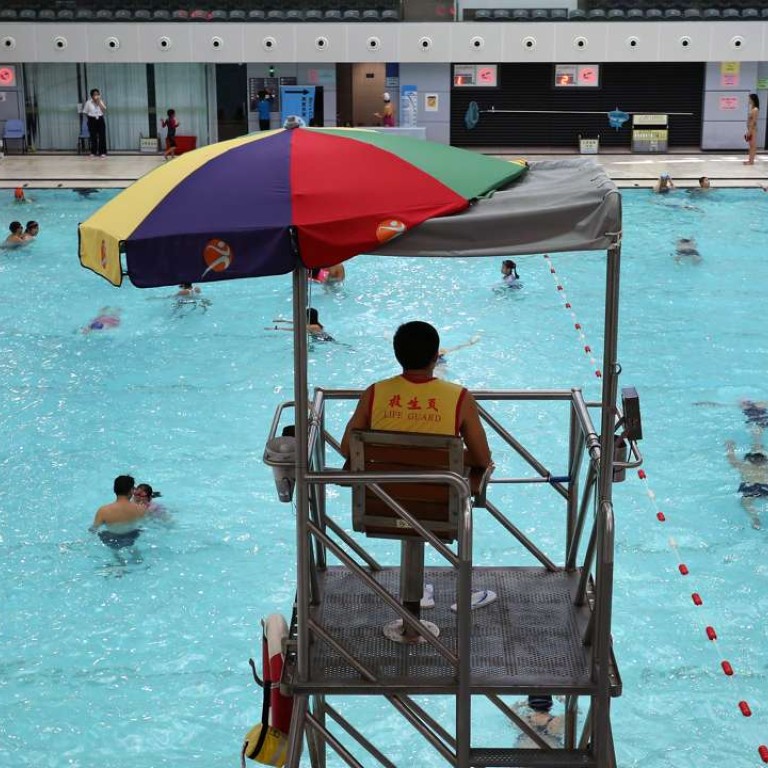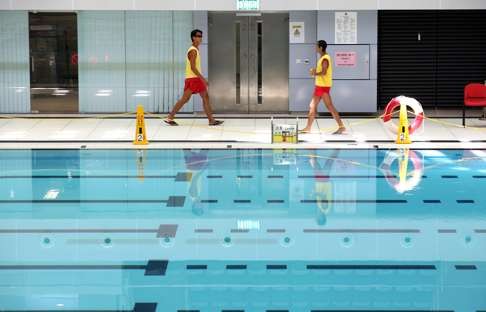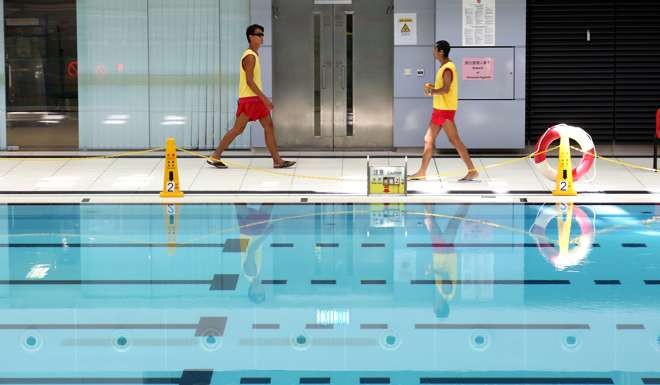
Hong Kong lifeguards abusing sick leave, says watchdog’s report
Leisure and Culture Services Department’s monitoring too lax, says Ombudsman
The city’s beaches and public swimming pools have closed more often in recent years owing to a lack of lifeguards and an increasing trend for them to abuse sick leave, a government watchdog said.
But a lifeguards’ union said taking sick leave was a part of the strike action by its members to pressure the Leisure and Cultural Services Department into employing more staff to ease their workload.
The number of lifeguards suspected of lying about their health to skip work increased from four in 2011 to 57 last year, comprising 80 per cent of all sick leave cases under the department, an Ombudsman report released yesterday, said.
One lifeguard alone took 237 days of sick leave in the last year, adding up to a total of 537 days in six years of service between 2010 and last year. On at least six occasions, this led to his pool being closed.
While the Office of the Ombudsman said it did not know whether the lifeguard in this extreme case had genuinely been sick, it added that the department’s monitoring of sick leave was lax compared to other government departments.
“I believe part of the reason for the increasing trend of abuse was that some members took sick leave as part of their strike actions,” Alex Kwok Siu-kit, spokesman for the Hong Kong and Kowloon Life Guard’s Union, said.

The union staged two massive strikes this year, calling on the government to employ more lifeguards, raise the retirement age to 65, and improve pay grades.
Kwok said there has been a shortfall of around 200 lifeguards since the department cut their headcount by a third in 2004.
Under the Civil Service Regulations, the department can take disciplinary action if there is evidence of any misconduct. It can also require an employee to produce a medical certificate from a government clinic.
But the watchdog said the department’s requirement for medical certificates from staff members applying for sick leave was not as strict compared to other government departments.
It also pointed out that the strain on manpower was particularly bad in summer, between June andAugust, as some lifeguards would go on vacation in this peak period.
Some lifeguards had also not yet completed or even participated in the induction training programme, including diving lessons, leading to concerns about their competence.
The report suggested that the department follow the practices of other departments in monitoring suspected abuse of sick leave, reviewing lifeguards’ target time of completing training courses, and exploring more flexible ways of hiring seasonal lifeguards.
Employing lifeguards according to seasonal needs has become more difficult in recent years, with more than 100 vacancies in 2016.
A spokesman for the department said it accepted the report and would carefully study the recommendations.


